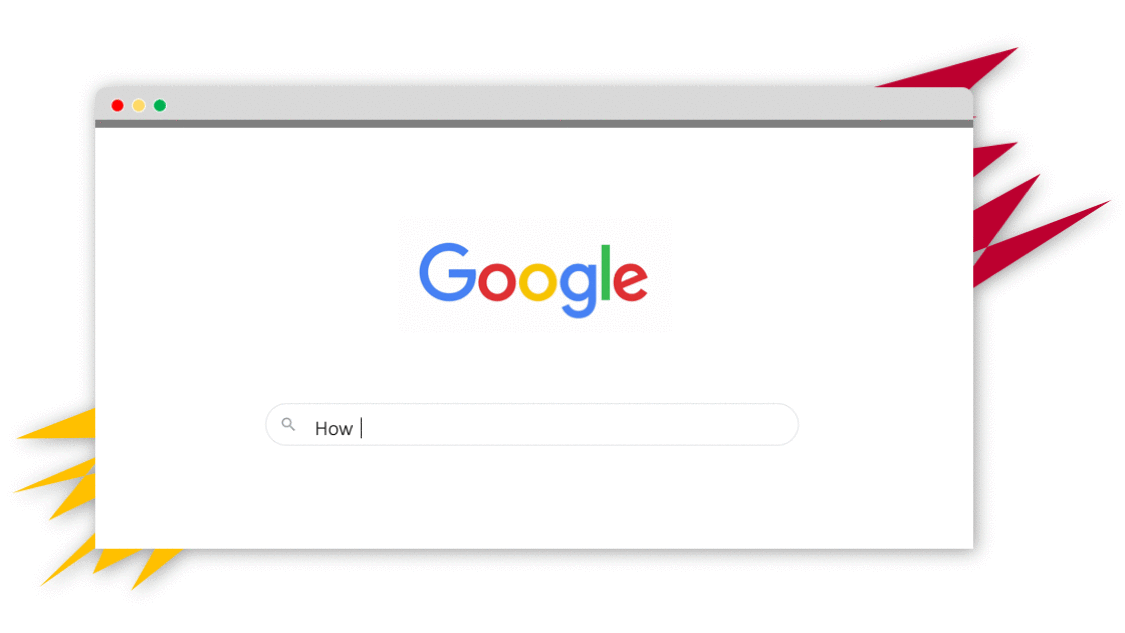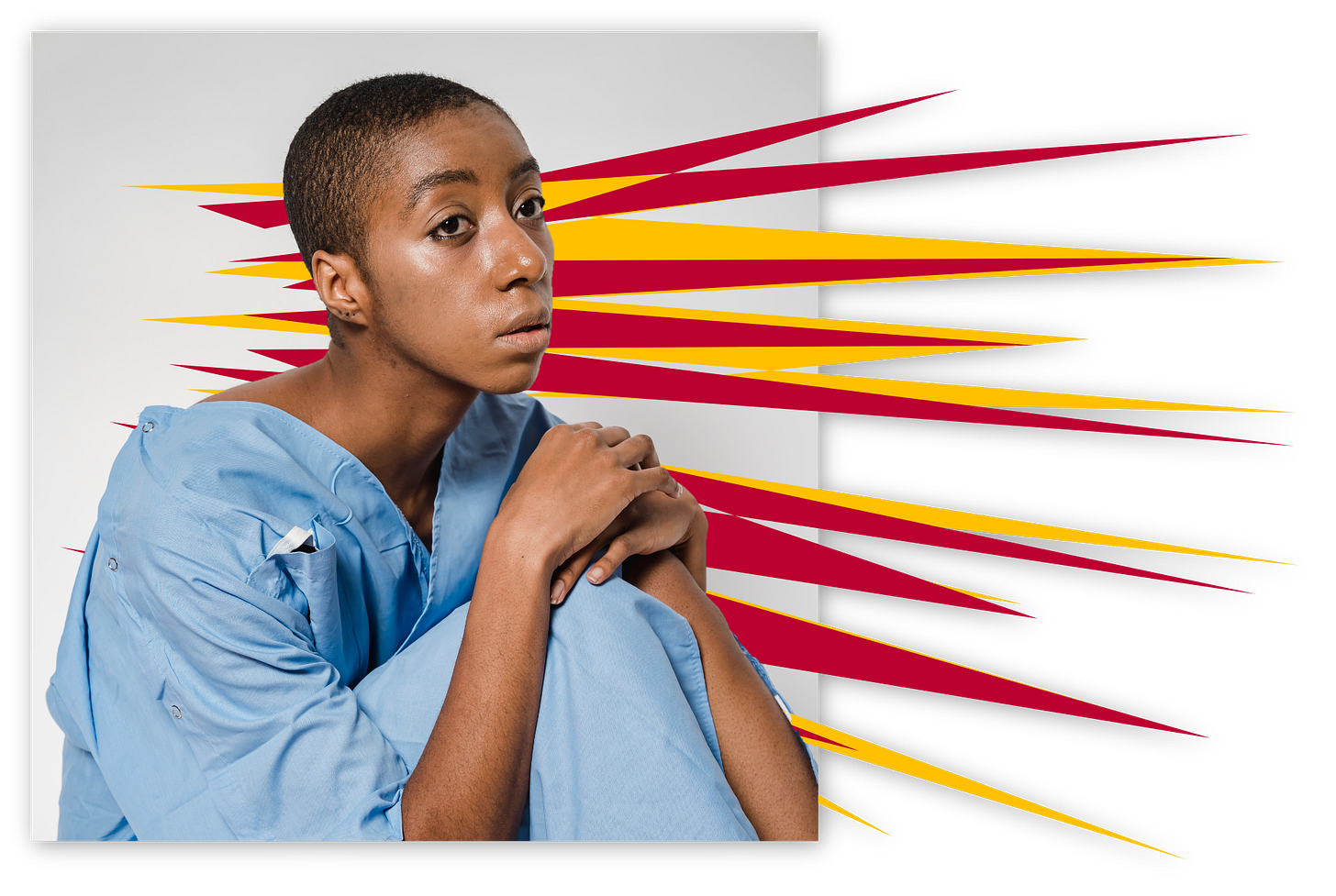Insurers are trying to buy good will for the inequalities they help create. See how.
Insurer's unrelenting focus on profits have made it far more difficult for people of color to get the care they need. They use the money from our premiums and taxes to cover up that truth.
Hilariously, UnitedHealth Group and other big for-profit health insurers are now attempting to buy some good will by announcing “partnerships” to “address health equity challenges.” Challenges faced by Americans, mind you, that have been created by United and its counterparts.
United CEO Sir Andrew Witty announced these “partnerships” last week when his company reported it has made nearly $13 billion in profits during the first half of this year.
What United and a few of its competitors are doing is trying to make you think they care deeply about health equity when in reality they’re devoting no more than a tiny fraction of their profits to what health policy academic types call the “social determinants of health” (SDOH for short). In fact, they’re paying their top executives far more every year than they’re throwing at health equity, and they are maintaining the very business practices that make the U.S. healthcare system the most unequal, unfair and expensive system in the world.
Having health insurance is, of course, important, but how well you are depends on other factors like adequate housing, food and transportation. And adequate health insurance, which United and other companies increasingly are not offering.
“In just the past six months, we have introduced new partnerships in over 20 communities to close gaps in care and address health equity challenges,” Sir Witty said on his July 15 call with Wall Street financial analysts, who were more than happy with how handsomely United is rewarding shareholders while so many of the rest of us struggle to get the care we need even if we have health insurance.
As Forbes reporter Bruce Japsen wrote a few days ago, some of United’s biggest rivals, including Anthem, Humana and CVS/Aetna, have also hopped on the SDOH bandwagon. So has my old employer, Cigna. In his story about United, Japsen wrote that the company has launched a program to bring various community stakeholders together “to identify and address specific health needs of members of the community and residents of publicly assisted housing who are often difficult to reach.”
That’s worthy but also more than a little self-serving when you consider the source of much of insurers’ revenue these days–Uncle Sam. United and other insurers now manage the Medicaid programs in many states, and the fewer medical claims Medicare beneficiaries file, the more money United will have to reward its shareholders.
And there is also this glaring fact that Sir Witty didn’t mention: millions of people enrolled in his and other private insurers’ health plans–especially people of color–are inadequately insured. Increasingly, Americans with insurance are in plans with such high-deductibles they’re skipping visits to the doctor and not picking up their prescriptions.
In fact, high-deductible plans have themselves become a huge SDOH–and one the health insurance industry created. One of the reasons I left my job at Cigna was because I could not in good conscience create and carry out PR campaigns to persuade people that high-deductible plans are good for everybody. I knew what was going to happen and I was right: Every year, more and more Americans find themselves in the ranks of the underinsured because of all the money their insurers demand they pay out of their own pockets before their coverage kicks in.
That trend has been documented by the Commonwealth Fund, which has been tracking the rapid growth of Americans who are underinsured because of high out-of-pocket requirements. The Commonwealth Fund’s most recent research found that more than 40% of people with individual plans (including those offered in the Obamacare “marketplaces”) and more than a quarter of people with employer-sponsored coverage are now underinsured and, consequently, financially unprepared for a serious diagnosis or accident. An alarming 43.4% of adults between the ages of 19-64 are now inadequately insured, and a disproportionate share of them are Black and brown people.
(In a revealing study published last year, researchers at Boston University found that Black women in high-deductible plans who have breast cancer are significantly less likely to get the care they need than white women, and their survival rates are lower. As the headline noted: “High deductible plans are widening racial health gaps.”)
“It’s almost like you’re sitting on a time bomb,” the Commonwealth’s Sara Collins told The Philadelphia Inquirer in October 2019. “You have this high-deductible plan you may not use much, but if you do get sick, you can end up with a lot of out-of-pocket costs.”
Those out-of-pocket requirements are a burden not only for patients but also for doctors, hospitals and other health care providers. They provide the care patients need but all too often find out after the fact that the patients don’t have enough money to cover the out-of-pocket requirements of their policies. And in many cases, cash-strapped providers sell debt they are owed to collection agencies.
Just last week, the New York Times reported on a JAMA study that found that collection agencies held $140 billion in unpaid medical bills last year. And that amount does not include bills that patients–including insured patients–put on their credit cards and are trying to pay off.
As to whether insurers are paying more than lip service to “addressing health equity challenges” by devoting anywhere close to enough money to make a meaningful difference, the evidence so far is that they are not.
Georgetown University’s Center on Health Insurance Reforms last year looked at what insurers are doing and how much they are presumably “investing” in social determinants of health, and what they found is not impressive.
In a May 7, 2020 report, CHIR noted that, “Our review found that insurers use their charitable grant programs to combat SDOH problems, but they are not, in general, changing benefit designs, reimbursement policies, or other business practices.”
The report noted that United has invested $400 million since 2011 into 80 affordable housing initiatives and that CVS/Aetna had invested $100 million over five years through its foundation to expand SDOH-related “services and tools” in some states.
You can be certain that some if not most of the money insurers are “investing” has strings attached. In fact, at least one of the big insurers reportedly is providing the money not as grants but as loans to their “partners.” They will actually make money cleaning up some of the mess they made.
While the insurers’ money is helpful, they have paid their top executives far more during the same time frames, and they used billions of dollars they’ve collected from their customers to buy back their own shares of stock, which benefits executives and shareholders but does nothing to address either “health equity challenges” or the related and growing crisis insurers have caused by burdening their customers with out-of-pocket demands.
If United and the other companies are really interested in making a difference, they will change their business practices in ways that will bring an end to the growing problem of underinsurance, a problem they created and one that is sending many of their customers to bankruptcy court–and an early grave.







